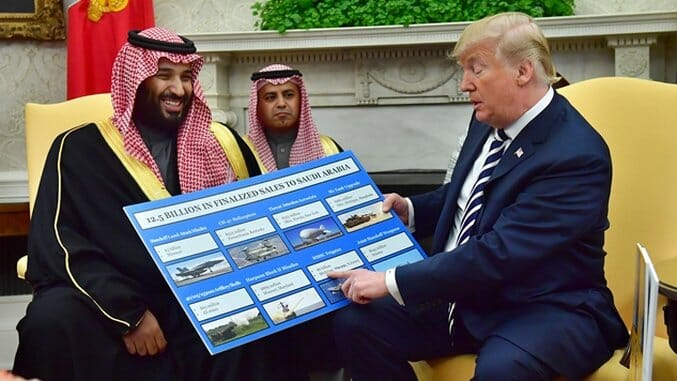The U.S.—and the Western World—Needs to Decide Whether It Values Journalists
Photo courtesy of Getty
On Sunday, Aleksandr Lukashenko, the president of Belarus, ordered a commercial flight bound for Lithuania from Athens, Greece, to be escorted to the ground the minute it crossed Belarusian airspace. The justification was a “bomb threat,” but that was a cover for the real reason—Lukashenko knew that a 26-year-old Belarusian journalist named Roman Protasevich was on board. Protasevich had fled the country two years earlier, and was a vocal critic of Lukashenko’s authoritarian regime. He had been charged in absentia last November for “inciting public disorder and social hatred,” but continued to be a thorn in Lukashenko’s side. This was, in short, a kidnapping, and on Monday Protasevich was forced to release a video from captivity saying he was being treated with “maximum correctness.” Since he’s considered a terrorist in Belarus, he could face the death penalty.
This was the response from the Biden administration, through Secretary of State Antony Blinken:
We strongly condemn the Lukashenka regime’s brazen and shocking act to divert a commercial flight and arrest a journalist. We demand an international investigation and are coordinating with our partners on next steps. The United States stands with the people of Belarus.
— Secretary Antony Blinken (@SecBlinken) May 23, 2021
It’s impossible to say what “coordinating with our partners on next steps” means, and this is undoubtedly complicated by the fact that Lukashenko is an ally of Vladimir Putin, but even putting consequences and alliances aside, it’s not clear that the U.S. has any ground to stand on here.
In October 2018, the Saudi Arabian crown prince ordered the murder of the journalist Jamal Khashoggi in the Saudi consulate in Istanbul—that’s the conclusion reached by the CIA. Khashoggi was strangled, dismembered with a bone saw, and likely dissolved in acid because he had the temerity to criticize the Saudi royal family, particularly in the Washington Post and on American and British television.
-

-

-

-

-

-

-

-

-

-

-

-

-

-

-

-

-

-

-

-

-

-

-

-

-

-

-

-

-

-

-

-

-

-

-

-

-

-

-

-








































